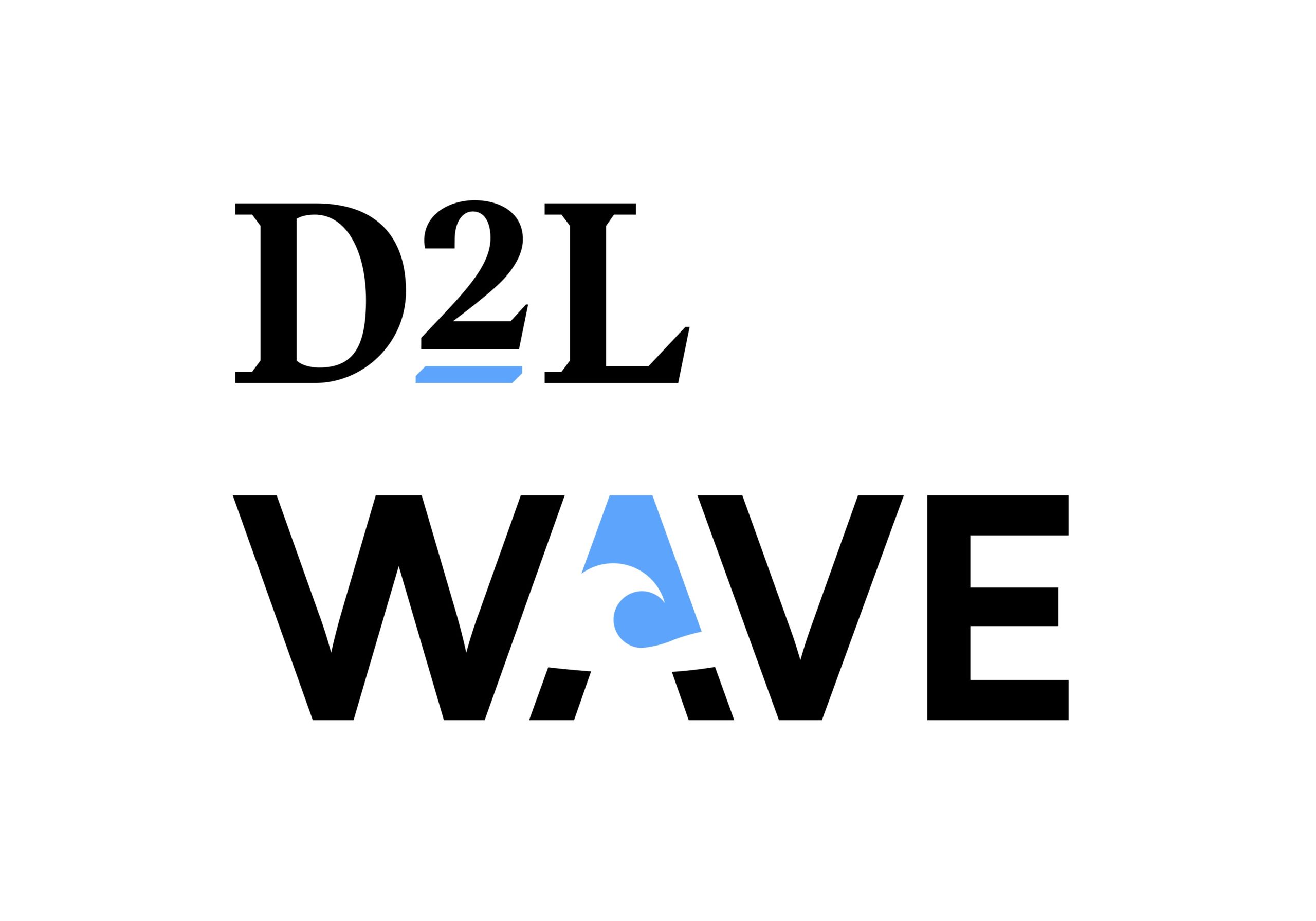Want Skilled Employees? Train Them

Businesses in Canada are scrambling to stack their workforce with the expertise they need to excel in a post-pandemic world. Many are trying to fill emerging roles in digital transformation in an attempt to manage the constant change that comes with an increasingly globalized workforce. A recent survey reveals that nearly 70 per cent of small and medium-sized Canadian businesses are struggling to find employees with the right skills.
D2L, a global learning technology company, believes the answer lies in upskilling the talent businesses already have. That’s why they launched D2L Wave, an online catalogue of high-quality learning options offered by leading educational institutions, to help narrow the skills gap and simplify professional development.
“High turnover hurts companies—any CEO will tell you that. But it’s usually a symptom of a deeper issue about job satisfaction, which itself is driven by learning and development,” says John Baker, President and CEO of D2L. “Don’t get stuck in a downward spiral. Create positive momentum—with people learning new skills, sharing insights with others, and ultimately helping the company grow and transform. It all starts with making sure your people can see a pathway to personal growth through learning and development.”
“Having a learning plan and a system in place to support that plan helps with growth and retention,” says Baker. “In a world where talent is a top-three issue for every CEO, we need to move quickly to put in place a better learning experience—for onboarding, upskilling and leadership development. No leader wants to lose the talent they have and the key to this is investing in individual employee growth. Upskilling drives retention, supports transformation efforts and builds a growth culture—and it is key to retaining talent and attracting people that see your company as the best place to grow in their career.”
Developing Skilled (and Happy) Employees
Training employees has an impressive list of benefits. A 2019 LinkedIn study found that 94 per cent of employees would stay at their current job if the company invested in their learning and career goals. Along with increasing employee retention, training leads to a happier, more productive workforce and to a company that more easily attracts top talent.
It also helps reduce recruitment costs. According to Canadian accounting firm Enkel, “when the actual costs of hiring are tallied up—including disruption to the business, training, reduced productivity etc.—it can cost anywhere from 40% to 200% of the position’s annual salary, depending on skills and experience required.”
By contrast, D2L Wave is free to use, with employers only paying for the courses their employees take. All learning options on the platform are from top academic partners and are pre-approved by the employer to ensure they align with company goals and strategy.
While companies should continually invest time and effort to help employees keep up with technological changes, Baker suggests there’s another type of skill set to consider. “We’ve found that the most durable skills are actually what some people consider soft skills—leadership, entrepreneurship, creativity, critical thinking and problem solving,” he says. “Strengthening those skills is a great investment for employers to make. It leads to creative and fresh thinking in the company and satisfied employees who can confidently make valuable contributions to the company’s success.”
Lloyd Rang, CEO at LRC, a Canadian communications and business insights company, has implemented D2L Wave into his company’s professional development. “It makes learning a much lighter lift for companies like ours that want to invest in our talent, but lack the time to do it well,” says Rang.
“I have no formal business training,” says Rang. “D2L Wave has been helpful for me as I realize where my blind spots are. Other members of the team have taken courses that either augment existing skills or add new ones, which is vital in a startup where every member of the team wears at least a couple of different hats.”
Making Learning Accessible
Professional development platforms like D2L Wave also help address another challenge in today’s job market—equity and equal access. A recent report by the Diversity Institute at Ryerson University on job polarization in Canada highlights the decrease in mid-skilled jobs, and how “the pandemic has exacerbated the labour-market division along the lines of credentials and skills.” D2L Wave helps remove barriers to employee learning, no matter a company’s learning and development budget. D2L calls this type of upskilling “the future of work.”
“Every sector is experiencing massive transformation and there is enormous pressure to stay ahead of the curve. We’re all looking to seize new opportunities. The question is how?” says Baker. “One way is to make sure you’re reaching everyone, no matter who they are or what job they do and give them the chance to learn, improve their skills and grow. It gets the whole company moving faster and with more agility. That’s why I believe D2L Wave is an incredible tool. It helps everyone, and every company, seize opportunities to learn and grow together.”
